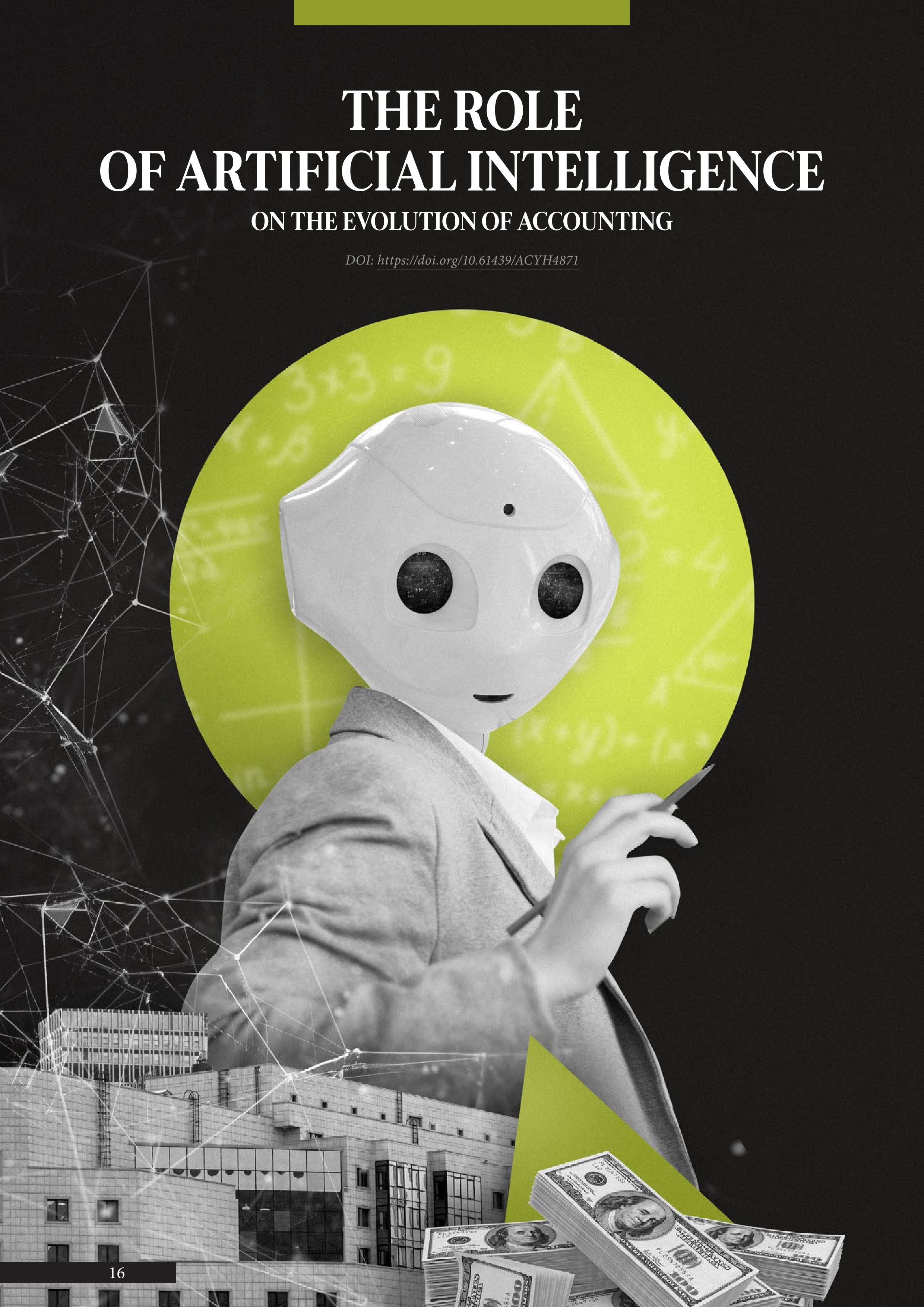The Role of Artificial Intelligence on the Evolution of Accounting
##plugins.themes.academic_pro.article.main##
Abstract
Artifical intelligence nowadays is attracting the focus of both academics and practitioners due to its contrubtion in achieving major changes in business environment. Public accounting as field has benefited a lot from machine learning. Thus, this article aims to highlight the importance and influences of artifical intelligence on accounting. To achieve this aim, this article started with giving a brief overview about artifical intelligence and its evolution over time. This overview helps in showing the power of artifical intelligence and how it attracted investments of billion of dollars due to its leading role in reducing business costs and providing business solutions. Furthermore, the article identifies how artifical intelligence works as this helps accountants to better undertsand machine learning and identify how it can be optimally used in the field of accounting to get the best results. However, to be widely used in the field of accounting, major investments are required and this is one of the obstacles that faces regional small and mid-sized firms that do not have the required resources to effectively implement artifical intelligence. However, the availablity of pre-packaged applications that are offered by big companies such as Google and Amazon can enable small and mid-sized firms to benefit from artifical intelligence. Nonetheless firms will need to train their labor force to benefit from artifical intelligence. Despite the fact that artifical intelligence can help accounting professionals to perform their jobs more efficiently and eliminate reptitive tasks, it is important to note that maching learning cannot eliminate the accountants’ role. Artifical intelligence in the accounting field enables accountants to provide their companies with tecnhologies that can save time, increase the efficiency of tasks, reduce costs and help accountants focus more on value-adding activities.

